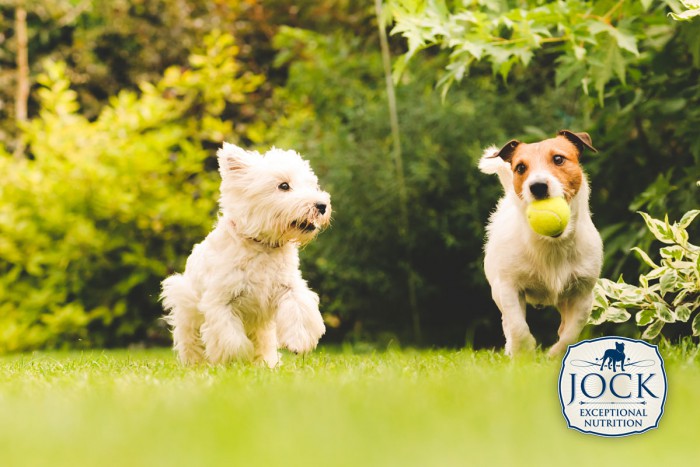While working on our story about Duma, the German Shepherd that befriended a sickly baby elephant – we were moved by how he was affected by the death of his friend. Duma spent weeks looking for the little elephant and acted out when someone tried to enter or leave the room where his friend passed.
This incredible story is not the first we’ve heard of dogs displaying sadness, mourning loss and even dying of heartache. In fact, it made us question if our four-legged friends experience a range of emotions like we do. Do they feel shame? What about jealousy? We spoke to our in-house veterinary expert, Louis Boag, to find out how emotional dogs can be.
Depression and grief
In 1996, researchers at the American Society for the Prevention of Cruelty to Animals found that 66% of dogs displayed behavioural changes after losing a pet companion. These changes included loss of appetite, fear, anxiety, listlessness or changes in sleeping patterns, and led to the conclusion that dogs do experience emotional distress and depression.
The research also highlighted the fact that dogs handle loss differently to humans and that most returned to normal after just two weeks. Owners can help their dogs feel better by maintaining their daily routine.
Happiness and love
We all know that a wagging tail is the universally accepted sign of a happy dog. But did you know that dogs can laugh? Researchers from the Sierra Nevada College discovered that there is a certain exhalation that dogs do when they play. They recorded this “laugh” and played it for other dogs, which made those dogs laugh as well. They even played it for dogs in animal shelters, which helped them calm down.
Research has also confirmed that dogs can feel love and show it in a number of ways. These include making and seeking out eye contact with their owner(s), cuddling with their owner(s) after eating, sleeping with or close to their owner(s), and being happy at the sound of their owner’s voice or when they return home.
Jealousy and shame
Most dog owners won’t find it surprising that dogs can be jealous. But now there is research to back it up. Scientists found that over three quarters of dogs used in a study involving their owners petting a decoy dog, showed signs of jealousy. These involved trying to get between their owner and the fake dog, barking and snapping at the decoy, whining and touching their owner repeatedly.
Owners might also be familiar with a dog displaying shame when caught being up to no good. But we might be reading more into their behaviour than there actually is. The bowed head, swept back ears and sad eyes that we identify as signs of shame, might actually just be the dog anxiously waiting for their owner to discipline them for their bad behaviour.
Not quite like us
It is important to understand that while research shows that dogs do have a certain amount of emotional intelligence, it is somewhat different from our own. While human emotions are connected to complex thought, dog emotions are not. Their feelings are pure and untainted by ulterior motives, which is exactly why we love them so much.

